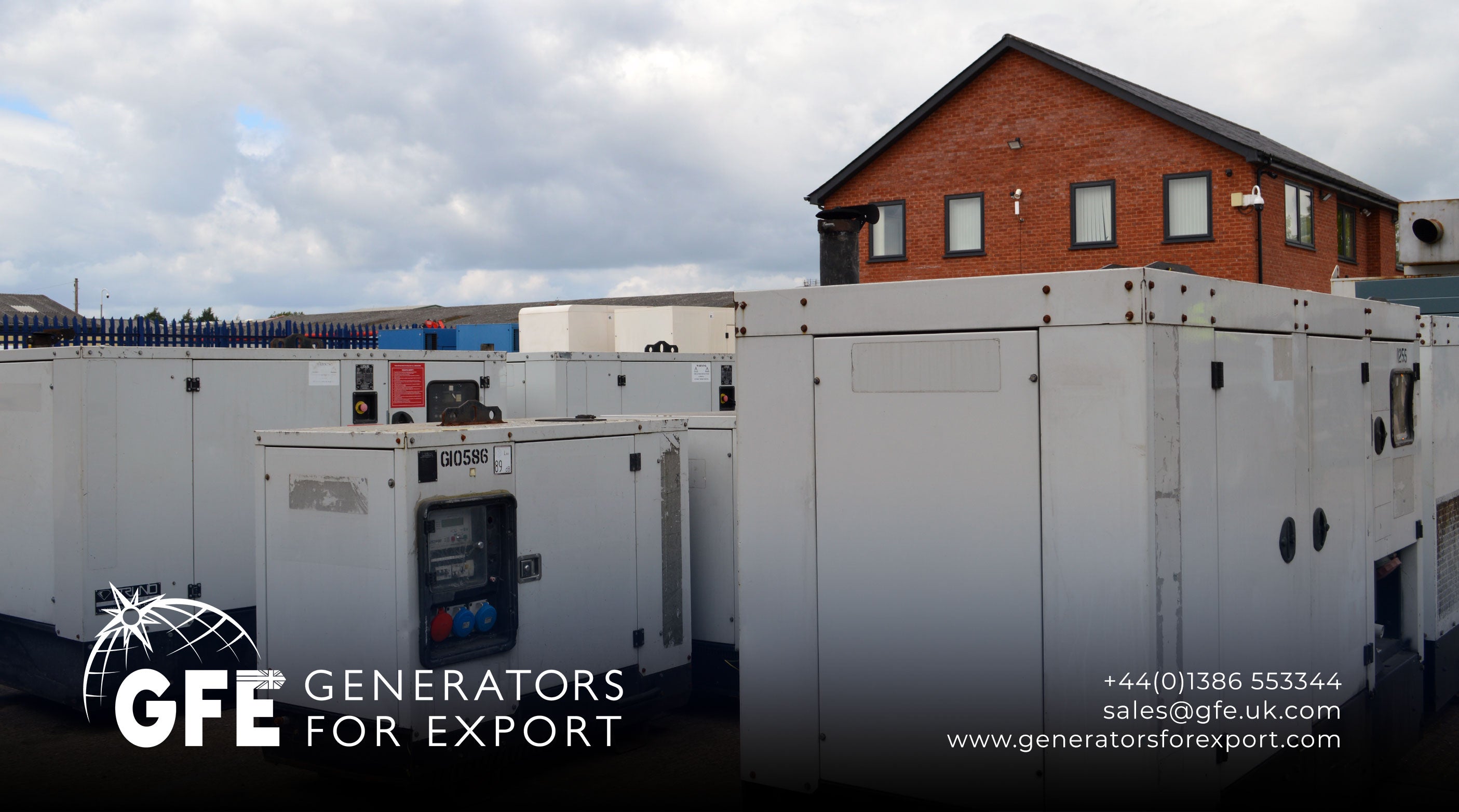The Ultimate Guide to Generator Water Pumps
What is a Generator Water Pump? Definition and Overview
A generator water pump is a machine that combines the power of a generator with a water pump to ensure continuous water flow, even in areas without a direct power supply. These systems are highly efficient and powerful, making them ideal for both domestic and industrial applications. Whether you're using it for a garden, farm, or construction site, a generator water pump ensures water flow whenever and wherever it’s needed.
Key Components of a Generator Water Pump: Parts and Function
The main components of a generator water pump include:
- Engine: Drives the generator, creating mechanical energy.
- Generator: Converts mechanical energy to electricity for the pump.
- Pump: Moves water from one location to another, maintaining a steady flow.
These components work together to provide an efficient, fuel-effective solution for extended water supply without excessive fuel use. Fuel consumption and power output are essential considerations when evaluating these systems.
How Generator Water Pumps Work: Powering and Delivering Consistent Water Flow
A generator water pump powers the water flow by converting fuel into mechanical energy. This energy drives the pump, moving water with controlled pressure. The generator ensures a steady water supply for varied applications, such as:
- Home backup during power outages.
- Agricultural irrigation for remote fields.
- Livestock watering and other farm uses.
The steady water flow makes these pumps essential for operations in remote locations or where consistent water delivery is critical.
Applications of Generator Water Pumps
Generator water pumps are versatile and suited to many situations, such as:
- Agricultural Irrigation: Provides efficient watering for large crop areas.
- Emergency Backup: Supplies water during power outages to households and essential businesses.
- Construction Sites: Essential for draining water or supplying water for dust control and other construction needs.
This versatility makes generator water pumps invaluable for homeowners, farmers, and industrial operators alike.
Key Benefits of Generator Water Pumps
Durability and Reliability in Tough Conditions
Generator water pumps are designed to withstand harsh conditions, offering durability and reliability in both heavy-duty and household applications. They ensure a steady backup source, providing peace of mind that water flow is available in challenging environments.
Fuel Efficiency and Cost Savings
These pumps are optimised to maximise output while minimising fuel consumption. For users requiring regular water pumping, such as farmers and emergency response teams, this translates into long-term cost savings. Their portability also allows for use across various locations, making them a flexible and valuable solution.
Buying Guide: Choosing the Right Generator Water Pump
Sizing and Power Requirements
Choosing the right generator water pump involves assessing power needs for your specific situation. For instance:
- Homeowners may prefer smaller pumps to maintain water pressure during outages.
- Farmers may need larger pumps for extensive field irrigation.
A common question is, “What size generator do I need for my water pump?” This depends on the pump’s power consumption and the volume of water required.
Application-Specific Considerations
The intended application should influence your choice:
- Quiet Operation and Portability may be essential for residential use.
- High Power and Load Capacity are crucial for industrial applications.
Also, consider if the generator needs to power additional appliances along with the water pump—a frequent requirement for many users.
Maintenance Tips for Prolonging Your Generator Water Pump’s Life
Routine Maintenance for Efficiency
Regular maintenance ensures your generator water pump runs efficiently. Key tasks include:
- Checking fuel levels.
- Cleaning filters to prevent clogs.
- Inspecting the engine for wear and tear.
Proper maintenance keeps fuel efficiency high, reducing operational costs over time.
Scheduled Check-ups for Reliability
Routine check-ups are essential for users relying on generator water pumps for emergency or heavy-duty applications. Regular inspections and timely repairs can prevent breakdowns, extending the pump’s lifespan and ensuring consistent performance when needed.
Conclusion: A Reliable Water Solution in Any Situation
Generator water pumps are a practical solution for anyone needing a reliable water supply in challenging conditions. With features like durability, fuel efficiency, and consistent performance, these pumps offer a versatile option for homeowners, farmers, and industrial operators alike. By choosing the right model and performing regular maintenance, you can rely on your generator water pump to deliver steady water flow whenever it’s needed.
Has your generator seen one too many winters? Do you want to upgrade you back up power infrastructure? Get in touch with our fantastic team today! We have the perfect power solution for you.
Call: +44(0)1386 553344 | Email: sales@gfe.uk.com

